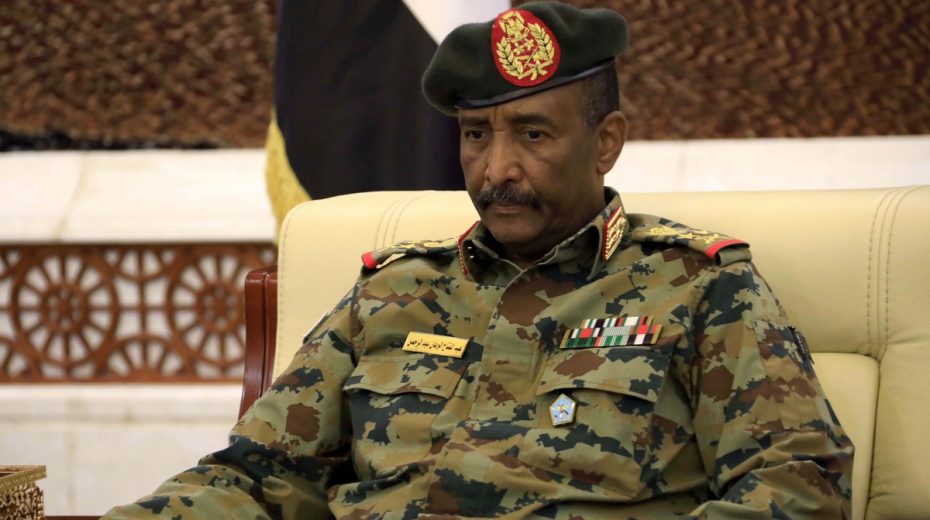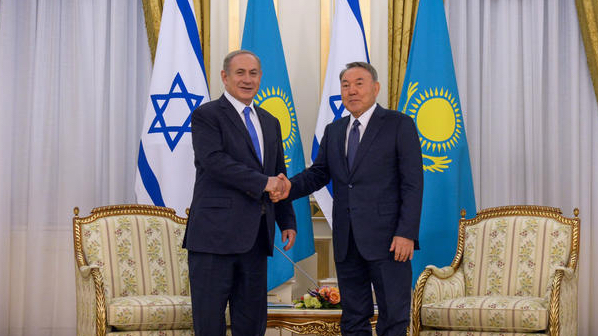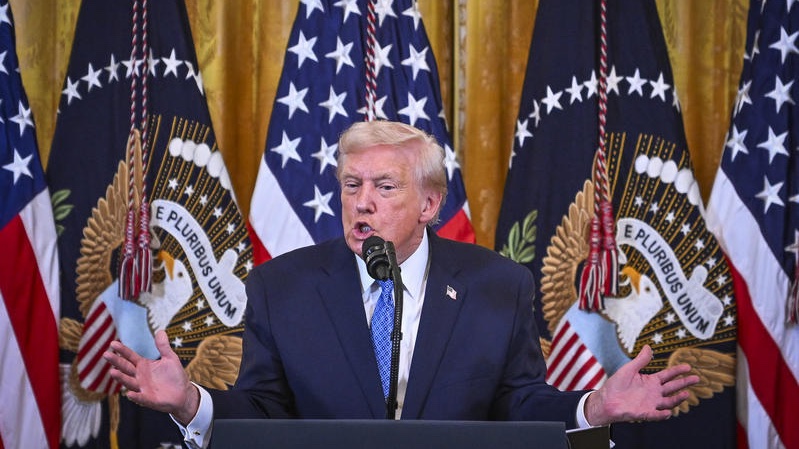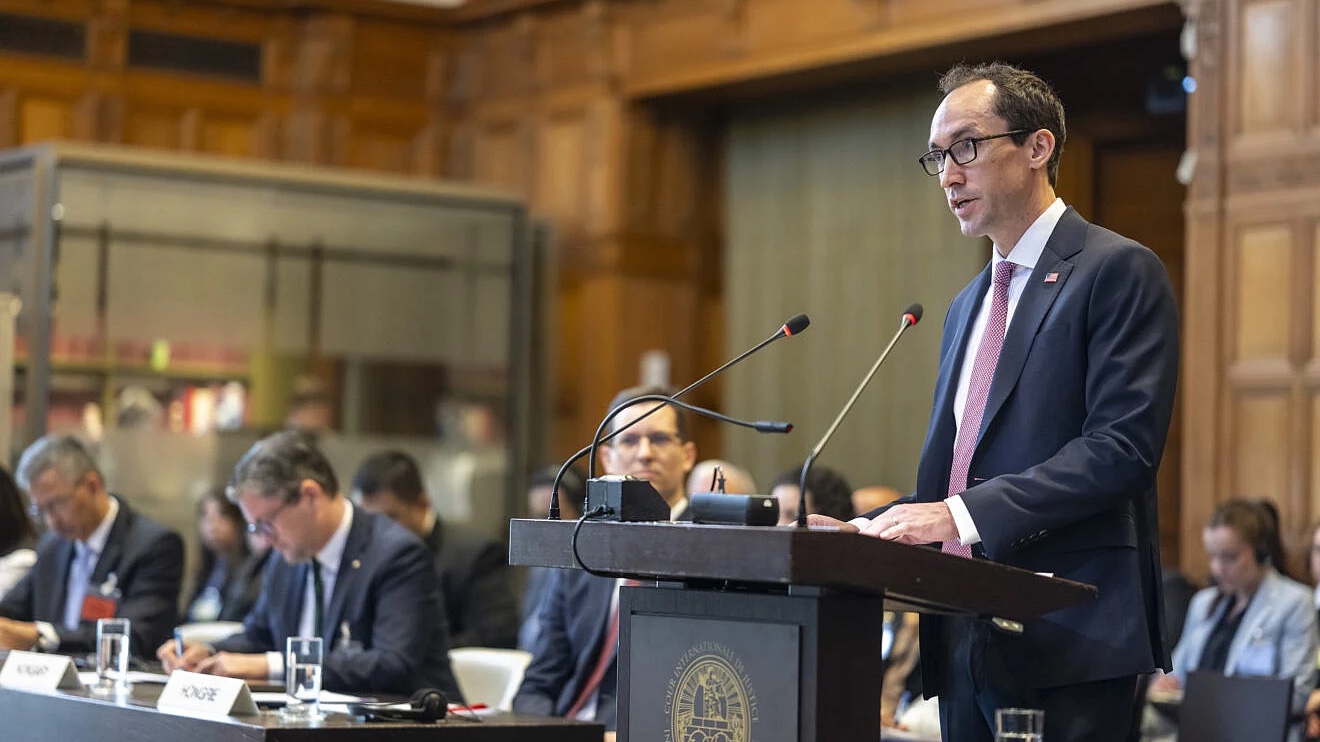Major-General Abdel Fattah al-Burhan has become Israel’s unexpected hope and nearly cut out the middleman of the United States in advancing normalization between Sudan and the Jewish state.
Israeli officials secretly visited Sudan following the country’s recent coup d’état, according to Israeli media. The main purpose of the visit was to discern the fate of the African state after the military had seized control. Although the coup drew condemnation from the United States, Israel sees benefit in shifting the balance of power: According to officials, the Sudanese military is more favorable to the idea of expanding the Abraham Accords. This is not necessarily in America’s interests, as it deprives Washington of leverage as a mediator.
Israel’s Walla News portal further reported that the Israeli delegation included senior Mossad officials who held meetings with the primary figures who executed the coup, such as General Mohamed Hamdan Dagalo, who heads Sudan’s influential paramilitary force. He had visited Israel a few weeks earlier and visited with senior Israeli defense officials, but had given no indication at the time that he and his army colleagues were planning to stage a coup.
Sudan has been ruled for the past two years by a so-called “transitional” government following the overthrow of former dictator Omar al-Bashir in 2019. The translation government was made up of both military and civilian officials, and the gaps between the two sides were evident from the very start.
The current coup has stripped the country’s civilian prime minister, Abdallah Hamdok, and his associates of all power. The army, led by Major General Abdel Fattah al-Burhan, has declared a state of emergency, and is working to quell protests as it focuses on “correcting” the country’s course through this transition phase.
Israel has refrained from making any official statements regarding the coup in Sudan, even though what’s happening there is of fundamental importance to Jerusalem following the success of the Abraham Accords. Sudan was one of the more recent Arab and Muslim countries to join the agreements, signing on in January of this year. But normalization was moving at a very slow pace.
Disputes between Sudan’s civilian and military officials were blamed for slowing down normalization with Israel and a number of other processes. It was even rumored that warming relations between the Sudanese military and defense officials in Israel had upset civilian leaders in Khartoum who responded by dragging their feet. Sudan’s civilian leaders found it unacceptable that the army should drive foreign policy decisions, with Israel or anyone else.
Sources in Jerusalem told Israel Hayom that Israel will quietly cozy up further to the Sudanese military following the coup, noting that General Al-Burhan is “more inclined to strengthen relations with the United States and Israel” than were the civilian leaders who have lost power. “The coup was almost inevitable because the prime minister had been at odds with the military for several years and it was clear that sooner or later this would reach a tipping point,” they added.
Meanwhile, the Biden Administration has called on those behind the coup to “fully restore” the transitional government in Khartoum and refrain from violence against protesters. The White House came out strongly against the coup and considered halting for the time being diplomatic efforts to advance normalization between Sudan and Israel. It is not clear whether or not Washington was taken by surprise by the fact that Sudan’s coup is likely to move it closer to Israel without American mediation.














